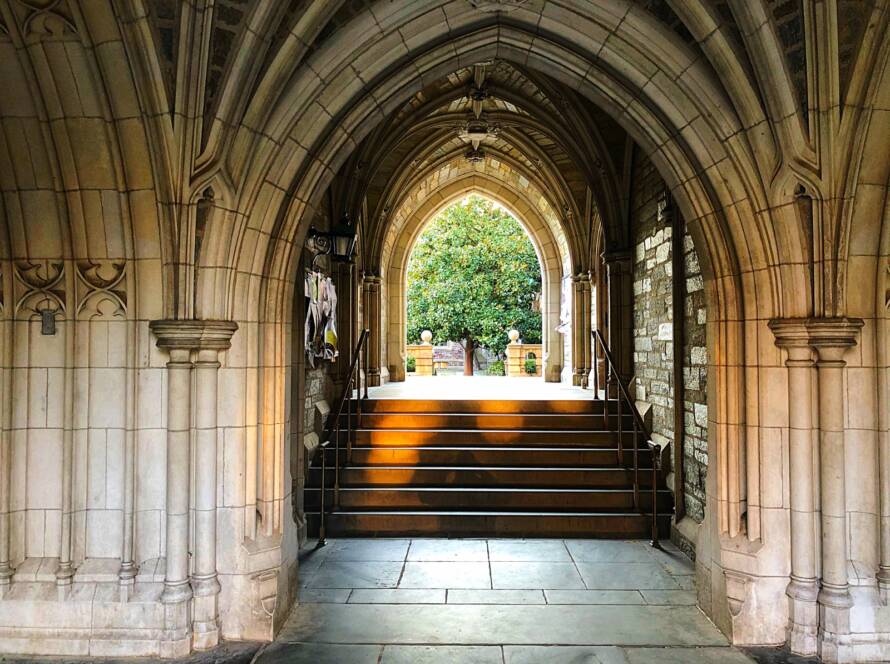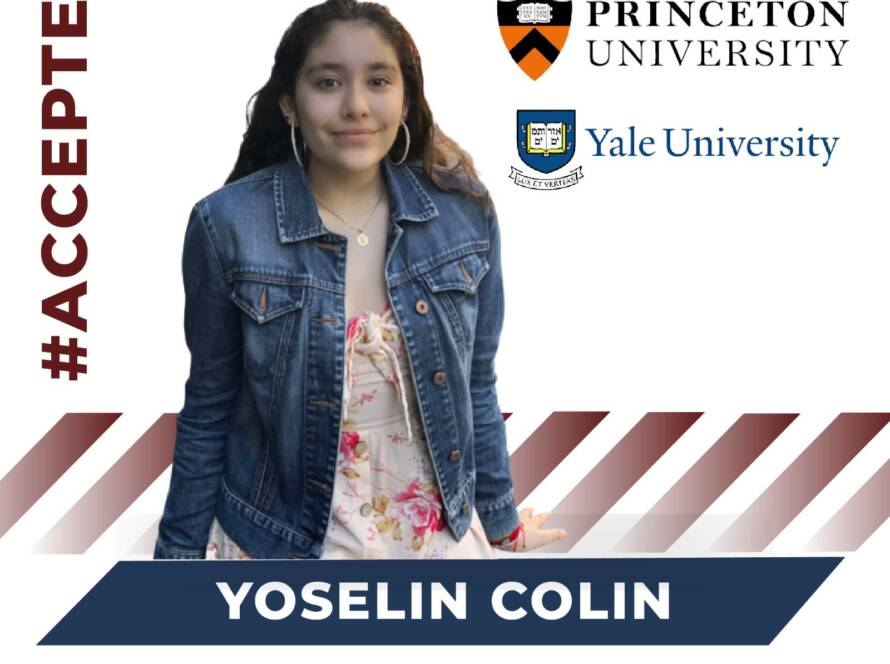Machine learning buffs, students who are fascinated by what Artificial intelligence has to offer to the world, thinkers and prospective engineers who want to find the balance between the infinite potential of AI and its place in humanity, there’s another goal in town for you to set your sights on.
The University of Pennsylvania has launched its Bachelor of Science in Engineering (BSE) in Artificial Intelligence (AI) degree, the first Ivy League school to do so, and the first undergraduate engineering program focusing on generative AI.
Do we need this?
The program has been launched with the belief that “the rapid rise of generative AI is transforming virtually every aspect of life: health, energy, transportation, robotics, computer vision, commerce, learning, and even national security. This produces an urgent need for innovative, leading-edge AI engineers who understand the principles of AI and how to apply them in a responsible and ethical way”.
While AI is finding its way into all aspects of our lives—with nothing but the future to conquer—similarly extensive will be the career prospects of the students who graduate from this program, which aims to work towards not only joining the AI revolution but staying ahead of the curve.
Though Carnegie Mellon University was the first to offer a major in AI computing in 2018, UPenn’s engineering-focused approach envisions that its students will venture into all kinds of careers that utilize AI and create a space for continued academic commitment to the ethics of AI.
What does it mean to major in AI?
The course curriculum marries the interdisciplinary nook of mathematical and algorithmic foundations of AI techniques, perspectives on cognitive science, language learning, and developing a sense of the issues (and solutions) required to utilize AI responsibly to benefit society.
Along with the core courses that circle around the above-mentioned areas, students will have to take six elective courses and a year-long senior design sequence. Students can structure their seven AI elective courses along concentrations, of which the major themes are: Robotics, Vision/Language, Machine Learning, Data/Society, and Health/Systems.
When can you start the program?
The program, led by George J. Pappas, UPS Foundation Professor of Transportation in Penn Engineering, will officially launch for existing Penn students in the fall 2024 semester. The university will invite applications for the Fall 2025 cohort. So interested students, this is your chance to gear your efforts toward this program.
How can you prepare yourself?
Though AI-focused courses might have yet to make an appearance at the high school curriculum level or might only be a side note to a class on computing, students can prepare themselves for such programs by taking up higher-level courses in mathematics and computer programming. Another way to gain exposure is to take up internships or research projects to connect you with individuals working in the field. And plain and simple reading and learning about your interests always works because it will help you passionately express your interest in your college essays backed by carefully selected classes for junior and senior years.
If AI engineering does not sound like you, but you are invested in this industry, then top universities like Brown, Columbia, CMU, CalTech, Cornell, GeorgiaTech, MIT, and Stanford offer Bachelor of Science degrees with a specialization in artificial intelligence, big data, and machine learning. Purdue University, interestingly so, has a Bachelor of Arts degree in AI, which focuses on the nature of cognition, the relation of mind to body, language study and the ethical limits of AI.
UPenn’s new program, being offered at such an academically rigorous Ivy League—along with its unique nature—makes it extremely competitive to get into. The popularity and growing interest in AI’s application across different industries again will make the program highly selective.
In a world where young individuals are entreating us to value preservation and care, such programs will become elemental spaces for young thinkers to sew the tears between technological innovation and humanistic insights, and veritably uncover how far our imagination can take us.







